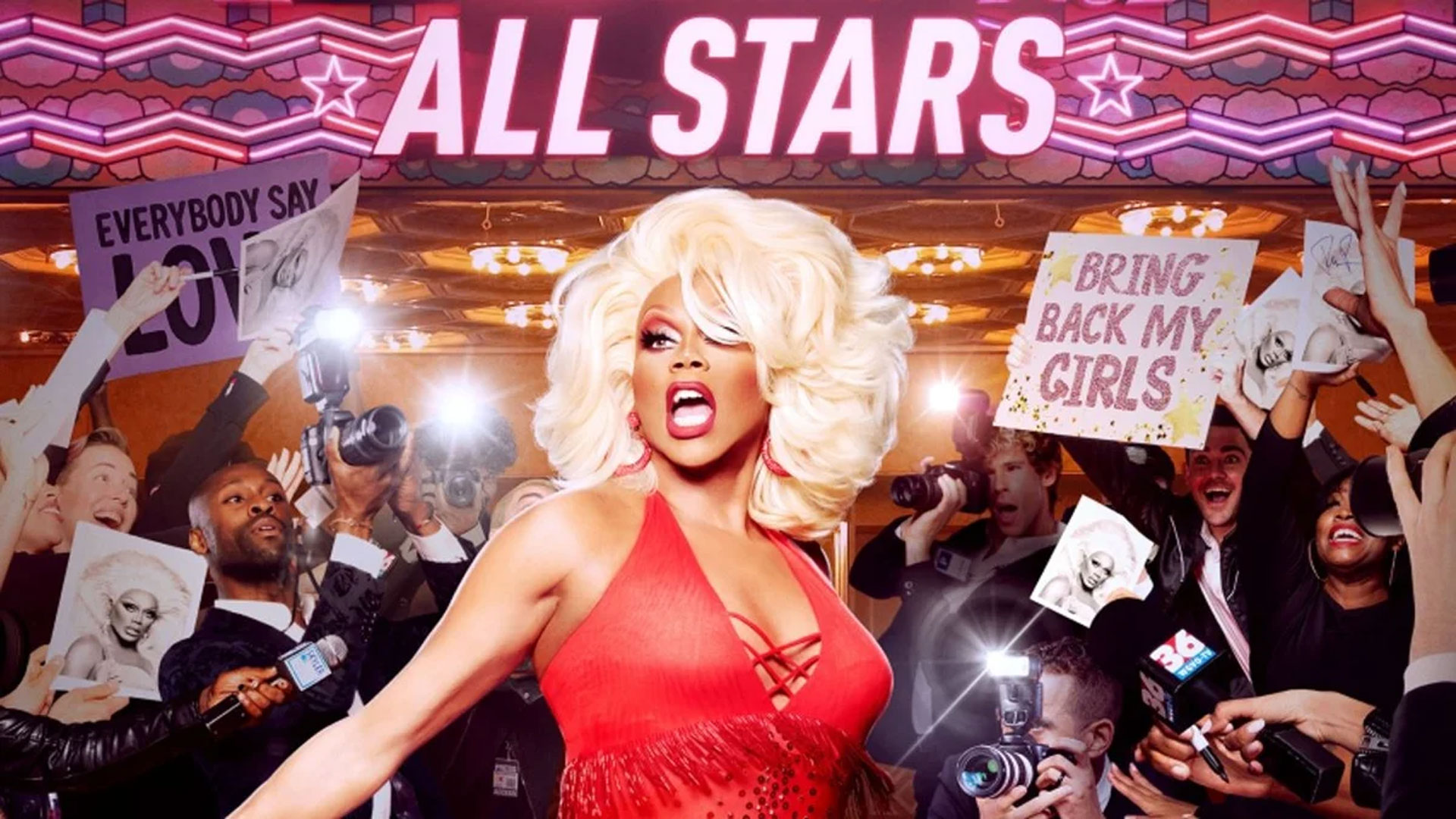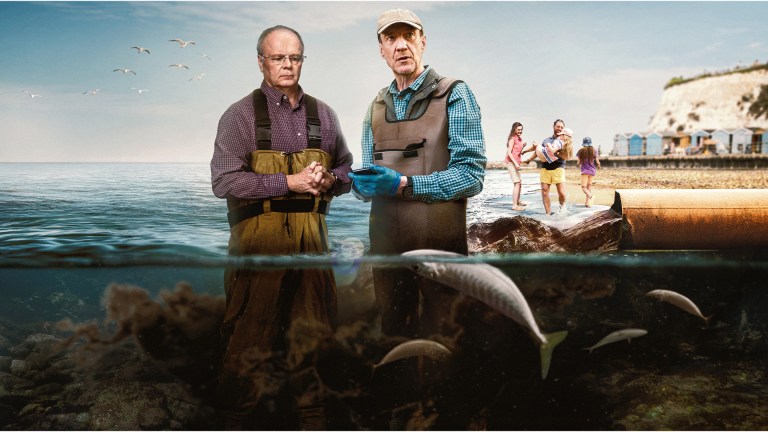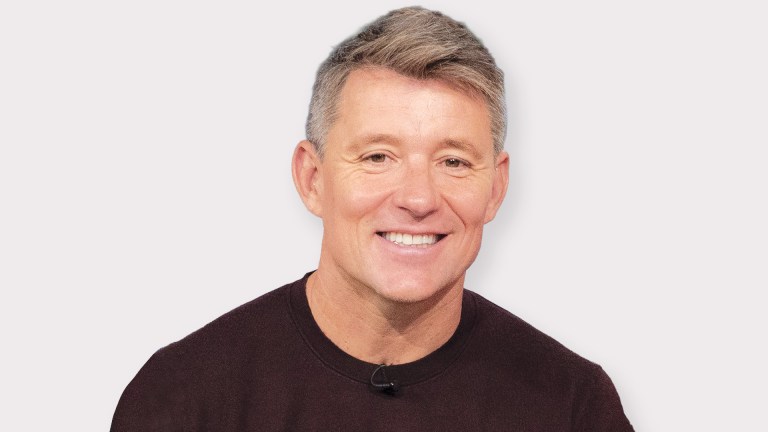While it may seem like there’s literally always a season of RuPaul’s Drag Race on, the return this week of All Stars, the franchises’ slightly-more-elite spin-off, still comes at a critical time. The show, which is not without its problems or its legitimate detractors, is still the most high-profile showcase of the art of drag on television and serves as a beacon of resilience amidst a stormy climate for LGBTQ+ rights, particularly for drag performers and trans individuals in the US and UK. The latest instalment of All Stars doesn’t just signify the return of the charisma, uniqueness, nerve and talent that the franchise is known for —it also serves as an empowering reminder of why drag matters and why we must protect it.
Drag, a significant element of LGBTQ+ culture, is currently under threat in both the US and UK. In many ways it’s the canary in the coal mine. Not all drag performers are trans (or necessarily even LGBTQ+) but the art form remains a frontline representation of queer communities. As former RuPaul’s Drag Race winner Sasha Velour once said on the show, “drag queens are the keepers of queer history”. The art of drag is a fundamentally entwined and extremely visible form of queer expression – when bigots and homophobes target it, they’re telling us that they’re coming, ultimately, for a whole community.
This is why in the US, various states are not only aiming to ban gender-affirming healthcare but are also launching an assault on drag performances. Tennessee, for example, has become the first US state to ban drag artists from performing in public. Arizona, too, has proposed bills that criminalise aspects of drag performances, including a ban on receiving state funds for drag shows aimed at an audience of minors (for example, drag story shows, in which performers tell age-appropriate stories to children, in much the same way many comedians do “comedy for kids” gigs) and classifying venues where drag artists perform as ‘adult-oriented businesses’. The language of these bills is broad, leading to fears it could restrict gender non-conforming individuals from expressing themselves publicly.
Across the pond in the UK, protests against drag shows and ‘drag queen story hour’ events have surfaced, notably at The Honor Oak pub in Lewisham and the Tate Britain museum. In both cases, a strong show of support from queer people and allies, outnmbering the protestors, demonstrated a powerful statement of solidarity. However, these events still highlight the rising tensions and increasing restrictions on drag and trans rights. It underlines the importance of fundamentally queer platforms like Drag Race and Netflix’s Queer Eye, which also returns this week, amplifying the voices and experiences of drag performers and LGBTQ+ people, promoting understanding and acceptance amidst these challenges.
The world is becoming an increasingly difficult place for drag performers and trans individuals, and the situation can seem bleak – another dose of the most high-profile drag showcase in the world becomes a tonic, reminding us of the beauty and strength of the drag community. Every sequin, every shade of lipstick, and every strut down the runway is a defiant act of resistance against a world that too often seeks to limit self-expression. Drag, at its heart, is a dialogue about identity, a powerful exploration of gender and self-expression. By giving drag queens a platform, Drag Race sparks essential conversations about freedom, acceptance and love.
- Lily Savage: British drag pays tribute to a queen
- Drag Race UK’s The Vivienne: ‘The more we’re honest with life, the better’
- Bimini Bon-Boulash: ‘I’m not sure whether I’m even doing drag anymore’
The ‘Drag Defense Fund’ – a collaboration between the ACLU (American Civil Liberties Union), World of Wonder (the production company behind Drag Race) and MTV – has been set up to help support the rights of LGBTQ+ individuals and particularly drag performers, recognising drag as not just a form of artistic expression, but, in the US at least, a fundamental First Amendment right. The fund will bolster the ACLU’s expansive advocacy work, which ranges from courtroom battles to providing guidance on state-level legislation, and challenging LGBTQ+ censorship in classrooms and beyond.









